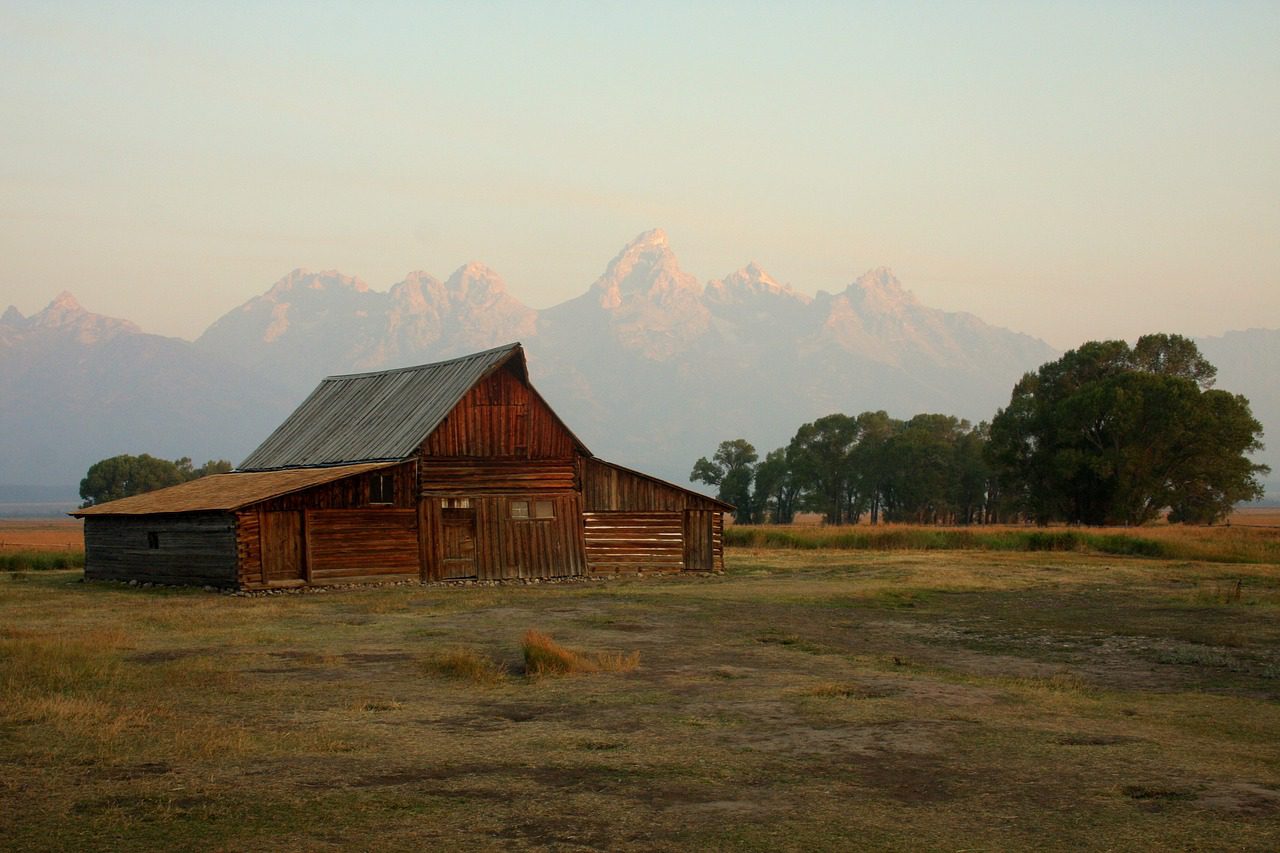June 5, 2023 — At the recent Environment and Public Works Subcommittee hearing, Senator Cynthia Lummis underscored the significant burdens Wyoming’s rural water providers face due to rigorous EPA regulations. She stressed the challenge of balancing affordable water provision with the ever-changing rules and expressed concerns about the planned PFAS compounds’ hazardous substances designation, which could trigger substantial liability under CERCLA, notably inflating costs for consumers.
Forever Chemicals.
PFAS stands for per- and polyfluoroalkyl substances and are commonly known as “forever chemicals.” They are a group of man-made chemicals that have been in production since the 1940s. PFAS are used in a wide range of products due to their resistance to heat, water, and oil. Some common applications include non-stick cookware, stain-resistant fabrics and carpets, water-repellent clothing, and some types of firefighting foams. These substances are very persistent in the environment and in the human body – meaning they don’t break down and they can accumulate over time. There is evidence that exposure to PFAS can lead to adverse human health effects, hence the growing concern and regulatory scrutiny around these substances.
Superfund Law.
CERCLA stands for the Comprehensive Environmental Response, Compensation, and Liability Act. It is a U.S. federal law enacted in 1980, often referred to as the “Superfund” law. This law was created to manage the cleanup of sites contaminated with hazardous substances and pollutants. It also provides broad federal authority to directly respond to releases or threatened releases of hazardous substances that may endanger public health or the environment.
Impact of Regulation on Wyoming’s Rural Water Systems.
Lummis previously introduced legislation to protect passive receivers, including water sector entities, from PFAS liability, stating that the proposed regulations’ potential fallout could severely impact rural water providers and their communities.
Furthermore, she raised questions about federal funding for water systems, highlighting the tendency to sideline rural water systems in discussions. Mark Pepper, the Executive Director of the Wyoming Association of Rural Water Systems, was invited to express his apprehensions about changes in the Maximum Contaminant Limit and the corresponding cost implications for those relying on smaller water systems.


Leave a Reply